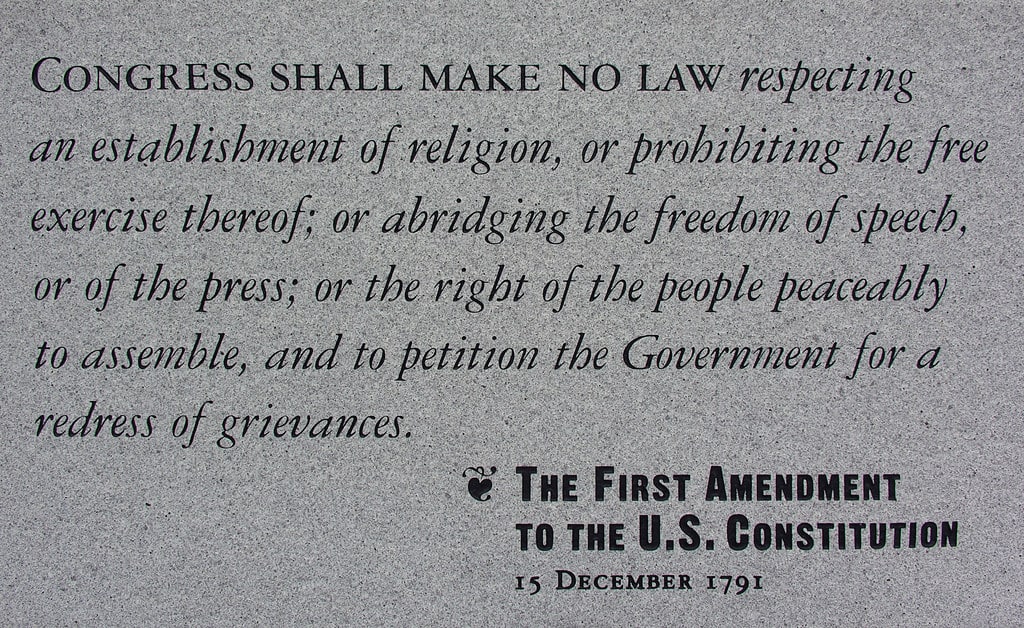Ninth Circuit Validates a Theory of Extraterritorial Antitrust Regulation in Global Price-Fixing Case
It is not easy for the foreign victims of global price-fixing schemes to assert viable claims under U.S. antitrust law, even when the conspiracy in question also affects U.S. markets. In a recent case, though, the Ninth Circuit vacated an order of summary judgment against the foreign purchasers of price-fixed goods, concluding that they had…
Continue ReadingToshiba ADR Investors in a Catch-22
A recurring challenge in defining the geographic scope of U.S. securities law is how to characterize non-exchange-based transactions in American Depositary Receipts (ADRs). Under the Supreme Court’s Morrison test, such transactions have to qualify as “domestic” to trigger the application of U.S. law. If they don’t, the assumption is that investors would have to litigate…
Continue ReadingNinth Circuit Reverses Personal Jurisdiction Decision in Lufthansa Case
Last year, I expressed doubt over the Northern District of California’s dismissal for lack of personal jurisdiction of a suit brought by California residents regarding their alleged mistreatment when checking in for their Lufthansa flight in Saudi Arabia. The Ninth Circuit recently reversed that decision in Doe v. Deutsche Lufthansa Aktiengesellschaft, holding that that the…
Continue ReadingTrademark Infringement and Exports after Abitron
Two years ago, in Abitron Austria GmbH v. Hetronic International, Inc. (2023), the Supreme Court applied the presumption against extraterritoriality to the federal trademark statute (the Lanham Act), holding that the Act applies only to domestic conduct. Abitron involved imports. Products bearing an infringing trademark were made abroad, some of which were sold, directly or…
Continue ReadingLiability Waivers and Statutory Interpretation
In 1936, Congress passed a law to prevent companies in the business of transporting people across the ocean from writing liability waivers into their contracts. That law, currently codified at 46 U.S.C. 30527(a), reads as follows: The owner, master, manager, or agent of a vessel transporting passengers between ports in the United States, or between…
Continue ReadingSaying Yes to the World, But No to Personal Jurisdiction
The Northern District of California (Judge Susan Illston) recently dismissed for lack of personal jurisdiction a suit brought by California residents against the German airline Lufthansa for harms emanating from the plaintiffs’ experience boarding a flight in Saudi Arabia en route to San Francisco. As the court noted in Doe v. Deutsche Lufthansa Aktiengesellschaft, the…
Continue ReadingHow To Find Personal Jurisdiction Over Foreign Website Operators
The Supreme Court’s recent personal jurisdiction decisions have raised more questions than they have answered. Meanwhile, the high Court has studiously avoided explaining how twentieth-century personal jurisdiction doctrine should map onto a twenty-first century world defined by Internet commerce, global supply chains, and cloud computing. The work of maintaining and updating a practical framework for…
Continue ReadingNinth Circuit Creates Split on Serving Motion to Confirm Arbitration Award
How does one serve process to confirm an arbitral award on parties outside the United States? The answer turns out to be quite complicated. In Voltage Pictures LLC v. Gussi S.A. de C.V., the Ninth Circuit charted a careful path through the maze of interactions between the Federal Arbitration Act (“FAA”) and the Federal Rules…
Continue ReadingCongress Amends the TVPRA to Correct Ninth Circuit’s Erroneous Ruling in Ratha
Last year, in Ratha v. Phatthana Seafood, the Ninth Circuit held that civil liability under the Trafficking Victims Protection Reauthorization Act (TVPRA) does not extend to those who attempt to benefit from forced labor. After the court denied en banc review, the Human Trafficking Legal Center and other human and workers’ rights organizations asked Congress…
Continue ReadingFair Use, the First Amendment, and the Enforcement of Foreign Judgments
A court in the United States is not required to enforce a foreign money judgment when that judgment is “repugnant to the public policy of . . . the United States.” The First Amendment to the U.S. Constitution is the classic example of U.S. public policy on freedom of speech and freedom of the press….
Continue Reading







